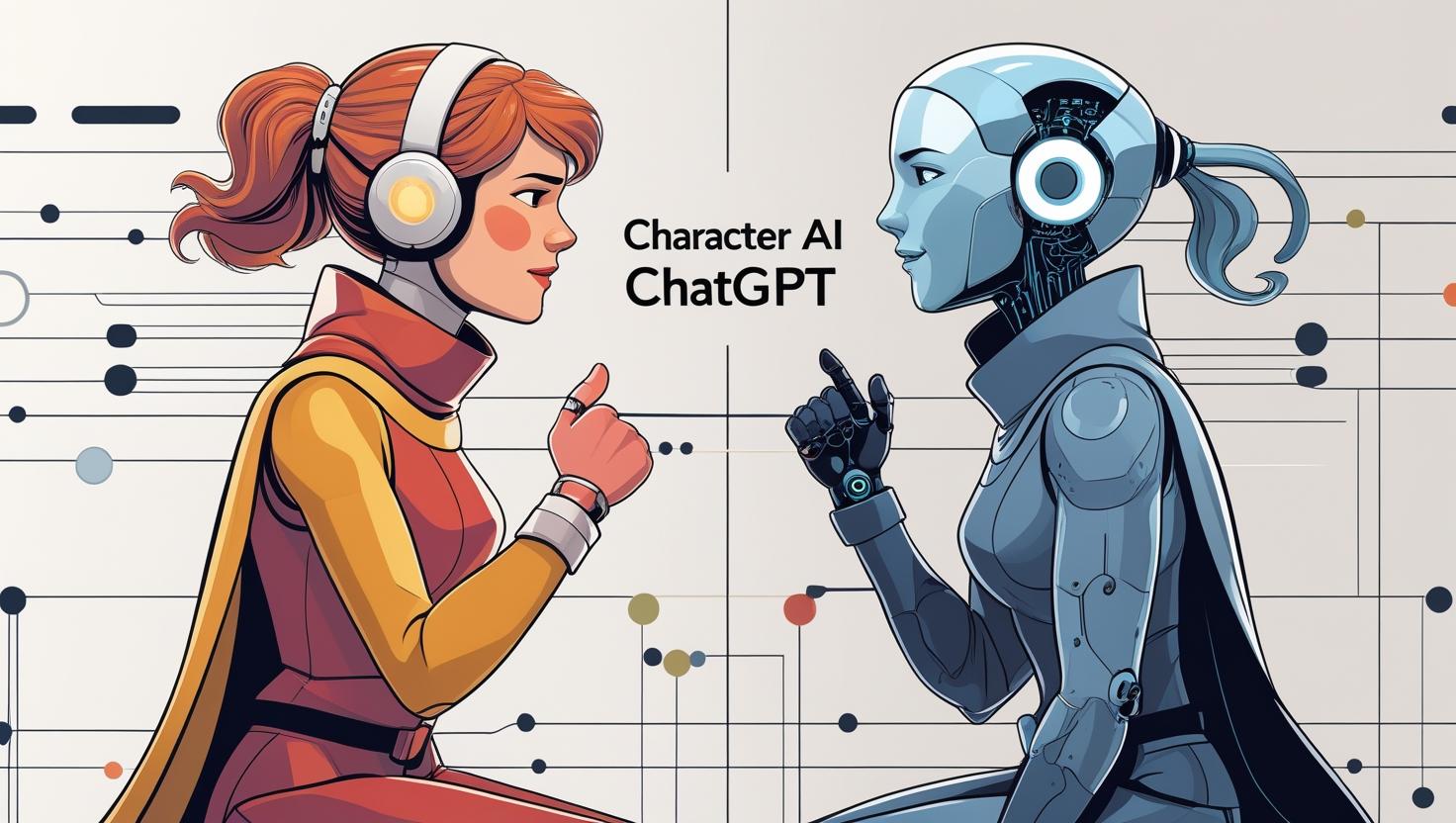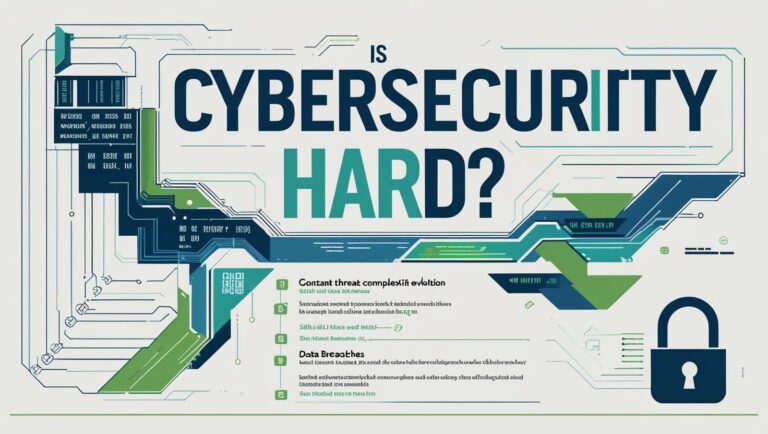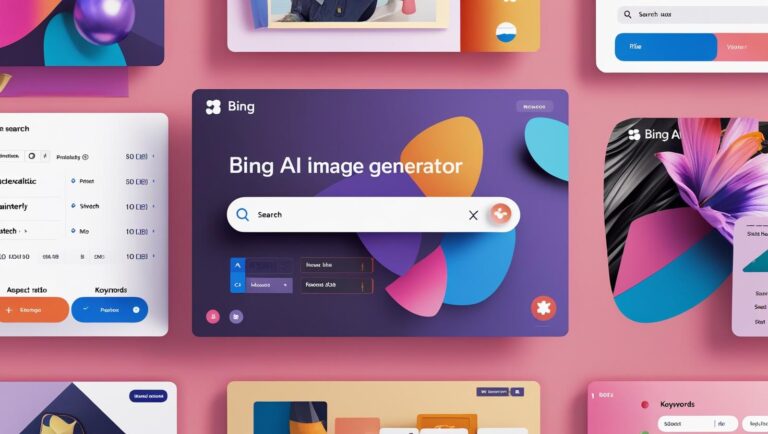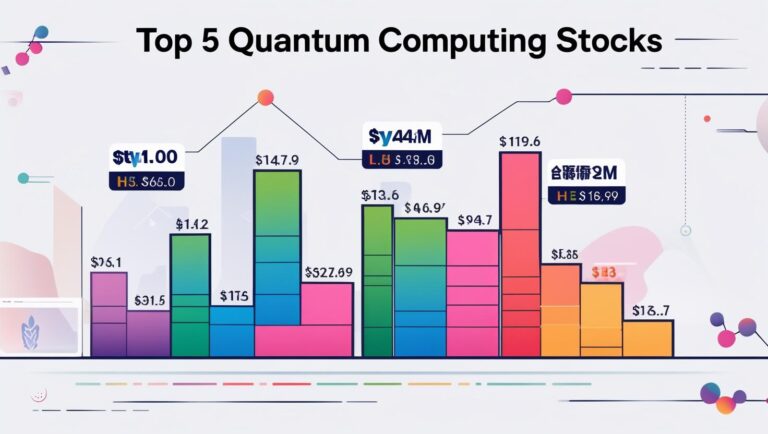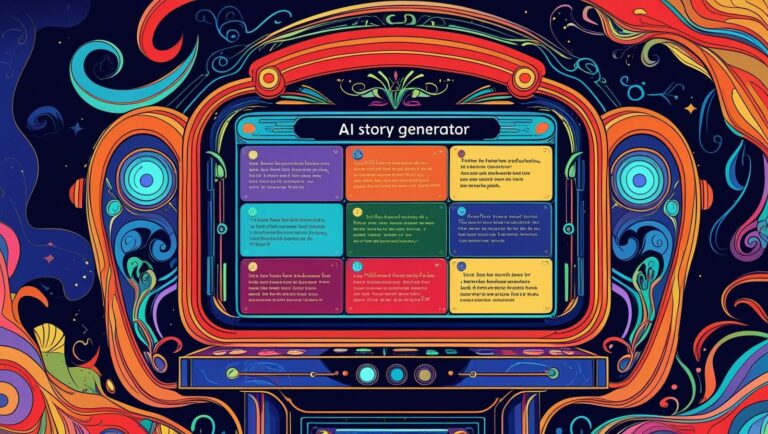Character AI vs ChatGPT: Which One Should You Use?
Let’s not sugarcoat it, AI tools are everywhere now. Some help you get work done. Others just want to entertain. But when it comes down to picking between Character AI and ChatGPT, most people get stuck.
Why? Because they seem similar on the surface but they’re built for totally different things.
Let’s break this down in plain language. No fluff, no filler. Just a real answer to:
Which one should you actually use?
What is Character AI?
Think of it like this: Character AI lets you create and talk to fictional characters. We’re not talking about one-size-fits-all chatbots. These are digital personalities.
You can chat with anyone from Sherlock Holmes to a made-up alien with anger issues. Seriously. And they stay in character the whole time. That’s what makes it fun.
It’s like stepping into a roleplaying game. Only here, you’re not reading lines, you’re in a back-and-forth conversation. The more you talk, the deeper it gets.
Some people use it to write stories. Others just want to vent to a character who “gets” them. It’s weirdly comforting. It’s also creative as hell.
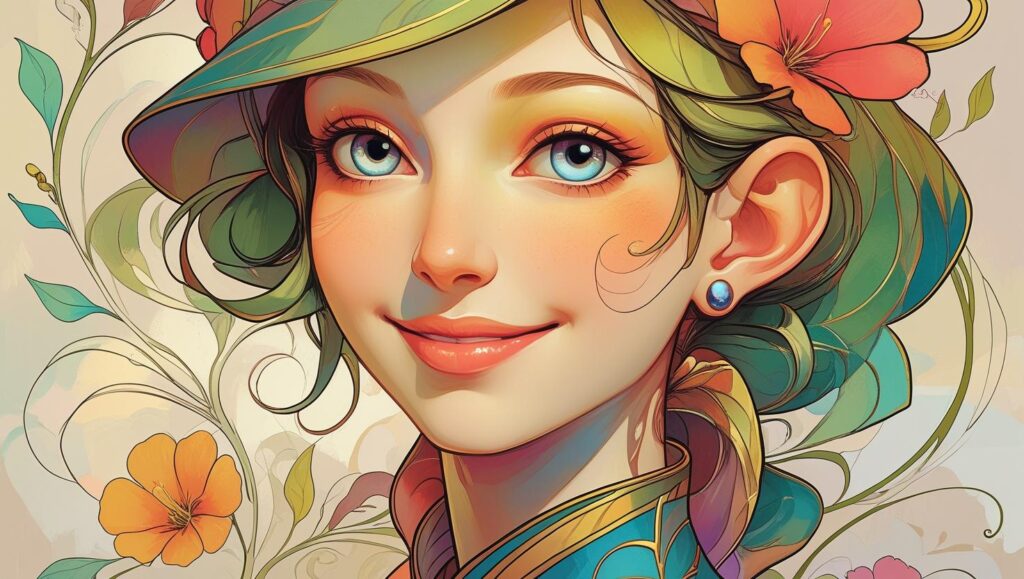
What is ChatGPT?
ChatGPT plays in a different league. It doesn’t pretend to be anyone unless you tell it to. It’s more like a super-fast assistant who never complains and always has an answer.
Need help writing a cover letter? Ask it. Want to break down a topic for an 8th-grade kid? Done. Stuck on a line of code or can’t figure out how to word a tough email? It’s got you.
No characters. No fluff. Just clarity.
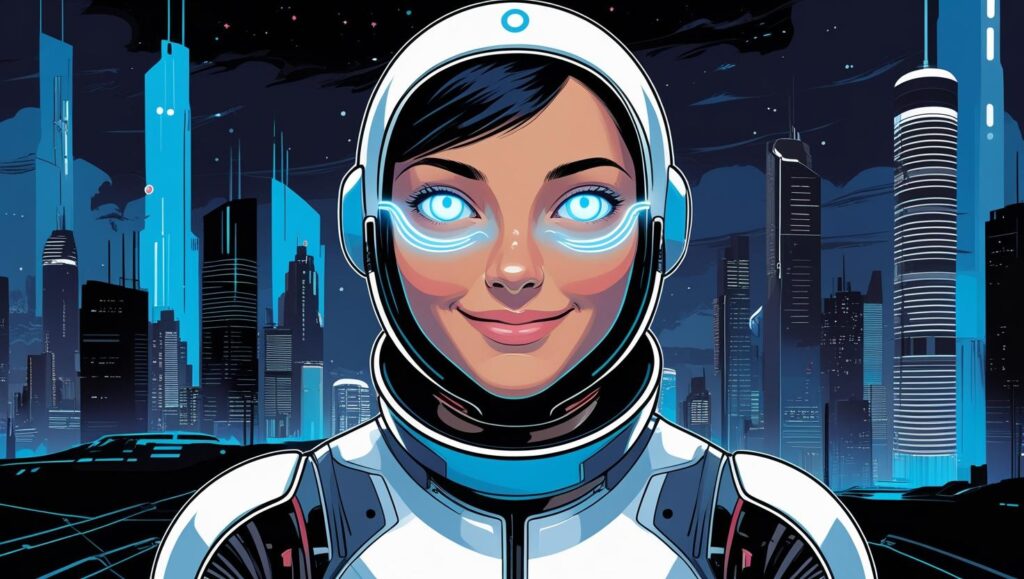
ChatGPT doesn’t care about playing a role, it cares about solving your problem.
Key Differences That Matter
Here’s the thing: your goal decides which tool is better. Not the hype. Not the interface. Not even the tech under the hood.
1. Purpose and Personality
Character AI is personality-first. Each chatbot has a defined identity. You interact with it as if it were a specific person.
ChatGPT is function-first. It doesn’t come with a fixed identity unless you ask it to. You guide the tone, content, and direction.
So, if you’re looking for emotional connection or a roleplaying experience, Character AI is a better fit. But if you’re aiming to solve a problem, learn something, or get a task done, ChatGPT wins.
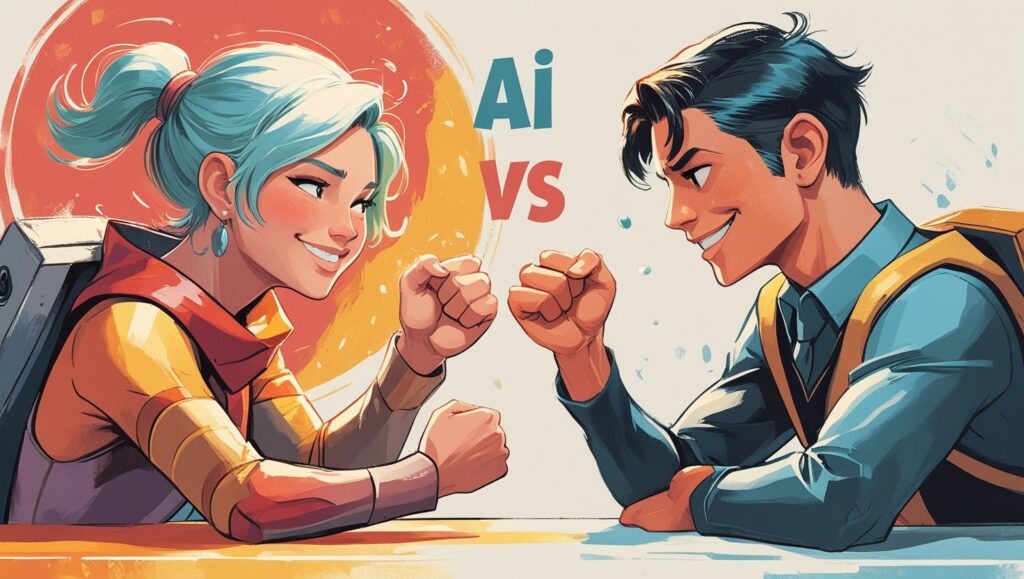
2. Accuracy and Knowledge
ChatGPT is trained for accuracy. It pulls from a wide range of verified data to answer your questions and assist with real work.
Character AI isn’t built for precision. It may drift into fantasy or make things up—on purpose. It prioritizes personality over facts. If your question demands factual detail, Character AI may fail you.
3. Creative Flow
For story generation, dialogue writing, or character development, Character AI shines. Writers often use it to shape fictional conversations and explore plots.
Also Read About Is Cyber security hard to understand?
ChatGPT can do this too—but its default mode is more structured and balanced. It won’t lean too heavily into a single personality unless instructed. It focuses on making the content clear and purposeful.
4. Context Length and Memory
ChatGPT remembers more within a single conversation and handles longer context better. Character AI may forget details faster or loop in responses.
This becomes important in long projects or deep discussions. If you’re building out a full story or need follow-through in tasks, ChatGPT offers more consistency.
5. Moderation and Safety
Both tools apply filters to avoid harmful or sensitive content, but their approaches differ.
Character AI, due to its role playing format, may allow more emotional or informal dialogue. This makes it feel more personal but also raises concerns if users treat it as a substitute for human connection.
ChatGPT stays more neutral and professional. Its moderation is stricter. It aims to serve responsibly, especially in educational and business settings.
How They Handle Conversation
Character AI feels like texting someone who has quirks, flaws, maybe even a dark secret. It’s unpredictable in the best way. You might laugh. You might get deep. Sometimes, the bot says something so weirdly emotional, you sit there stunned.
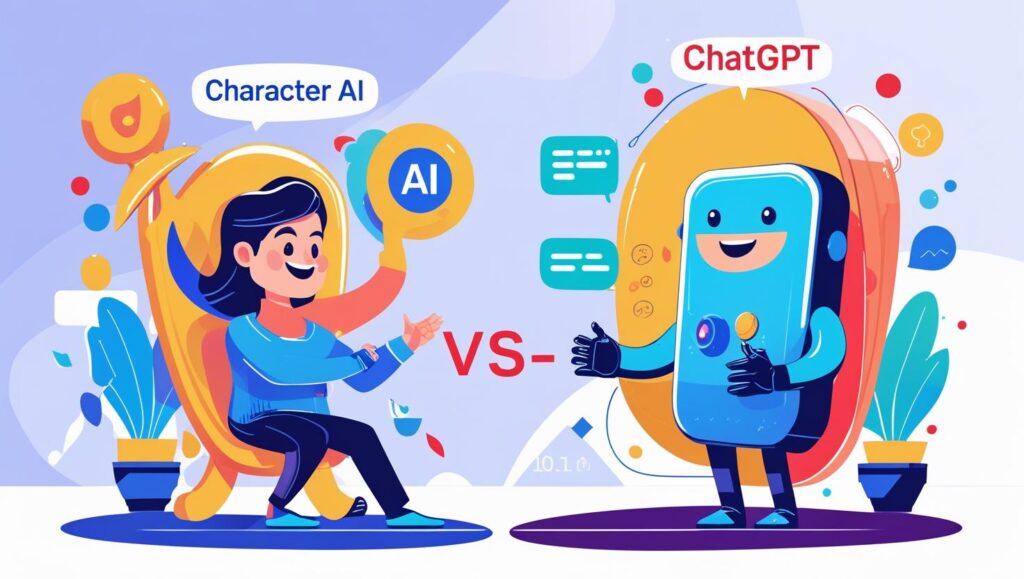
But it’s not meant for factual stuff. Ask it a math question and you’ll probably regret it. That’s not what it’s built for.
ChatGPT, though? It’s like that friend who shows up with receipts. Ask it to explain gravity, break down politics, or summarize a book, and it’ll give you a clean answer. It’s steady. Reliable.
Does it sometimes sound a little… formal? Sure. But you can adjust that with the right tone.
Memory & Consistency
Here’s something that often gets overlooked: memory.
Character AI tends to forget stuff fast. It might remember something for a few exchanges, but don’t expect it to hold onto details in long chats. That can break immersion.
ChatGPT—especially the upgraded version—does a better job at this. It can hold longer context and keep the flow going. It’s better for structured projects or long-form conversations.
Creativity Showdown
You’d think Character AI would win by default, right? It’s built for creativity.
And yeah, it’s wild. It’ll jump into a plot twist or joke in seconds. It can create entire personalities from scratch.
But don’t sleep on ChatGPT either. When you guide it the right way, it can write full stories, develop characters, or brainstorm like a pro. You just have to know how to steer the wheel.
Character AI goes off-road on its own. ChatGPT asks you for a map first.
Emotional Depth
Character AI isn’t just clever—it’s emotional. It can mimic empathy, humor, even jealousy. That’s why people get attached to their characters.
It’s not real, of course. But it feels real.
ChatGPT? It’ll listen and respond kindly, but don’t expect it to mirror deep feelings unless you script them in. It’s polite. It’s helpful. But it’s not emotionally immersive.
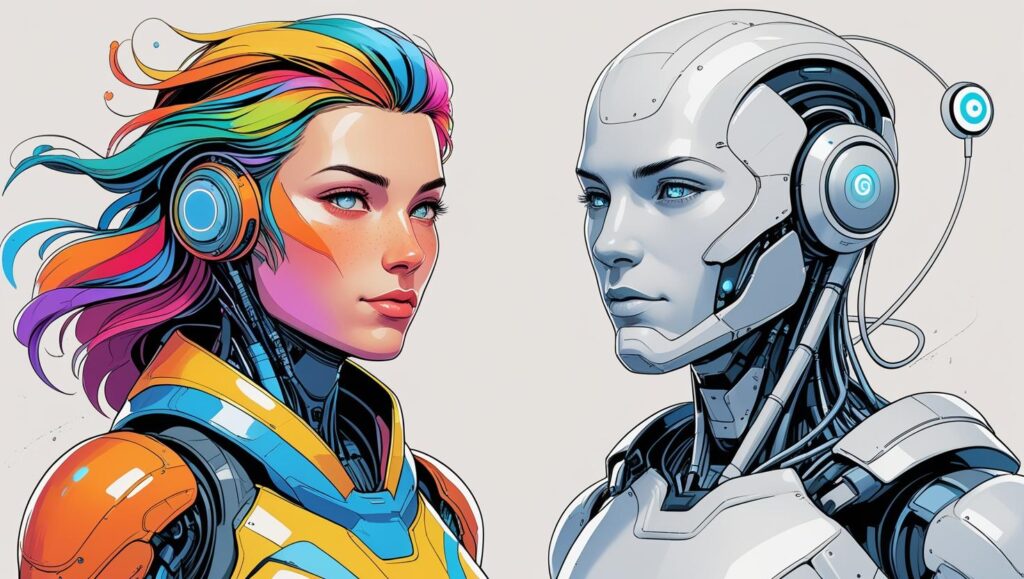
Safety Filters
Both tools have guardrails. They won’t let you go fully unfiltered.
But Character AI is looser in tone. Sometimes the characters push the boundaries. That’s part of the thrill but also a risk.
ChatGPT is tighter. It keeps things professional. If you’re using AI in a classroom, office, or public setting, ChatGPT feels more stable and secure.
Real-World Use Examples
Privacy and Data Use
Always read the terms, don’t just click “Accept.”
Character AI may keep your chats to improve performance. ChatGPT gives you more control, especially if you’re on a paid plan.
Bottom line: Don’t type anything you wouldn’t want to see on a billboard. Use smart discretion, no matter the platform.
Which One Should You Use?
It’s not a contest, it’s a toolkit.
Use Character AI when you want fun, flair, and emotional energy. It’s perfect for escaping reality, creating stories, or exploring “what if” scenarios.
Use ChatGPT when you need to get stuff done. It’s practical, focused, and shockingly useful.
Some people jump between both and that’s smart. Let each tool do what it does best.
Final Word
This isn’t about which tool is better. It’s about what you need right now.
If you’re feeling stuck, tired, or creatively blocked, Character AI might surprise you. If you’re pressed for time and need real answers, ChatGPT is the faster path.
You don’t have to pick a side. Just pick the moment and match the tool.

